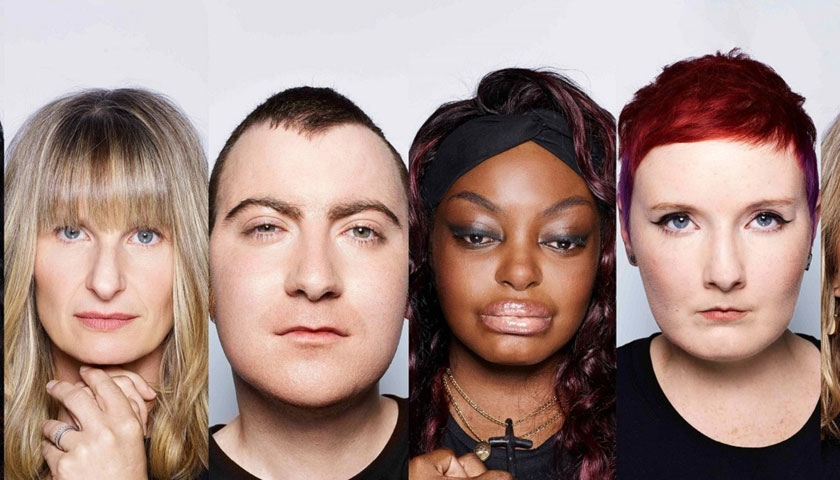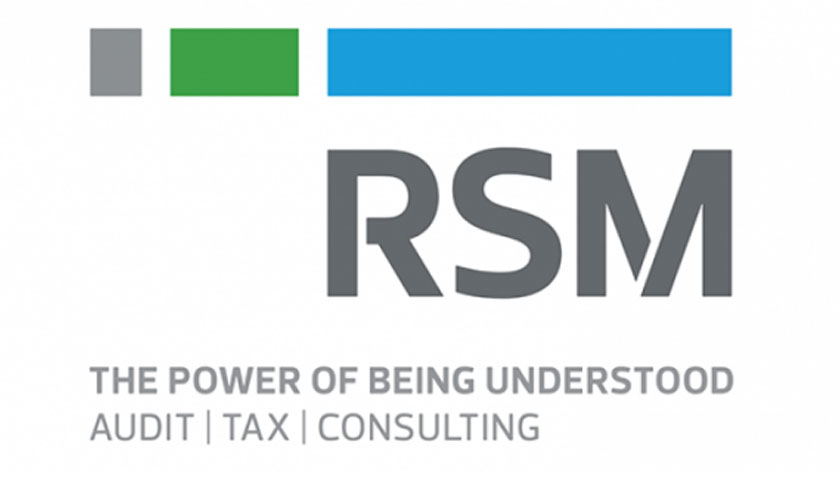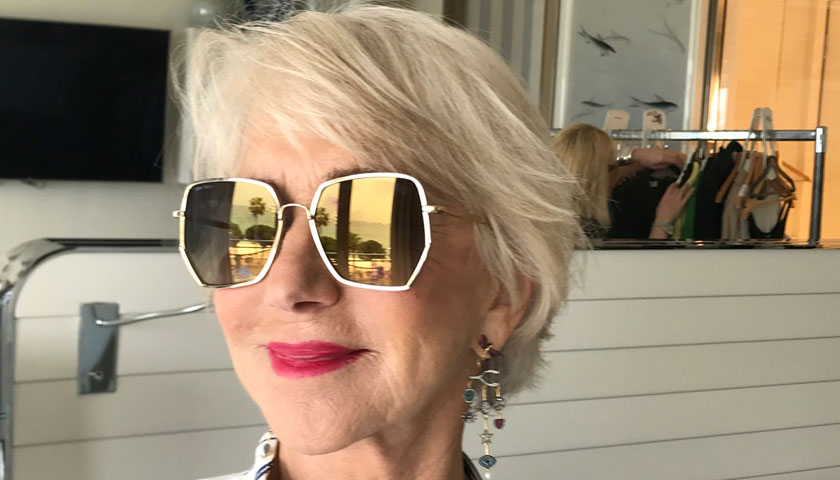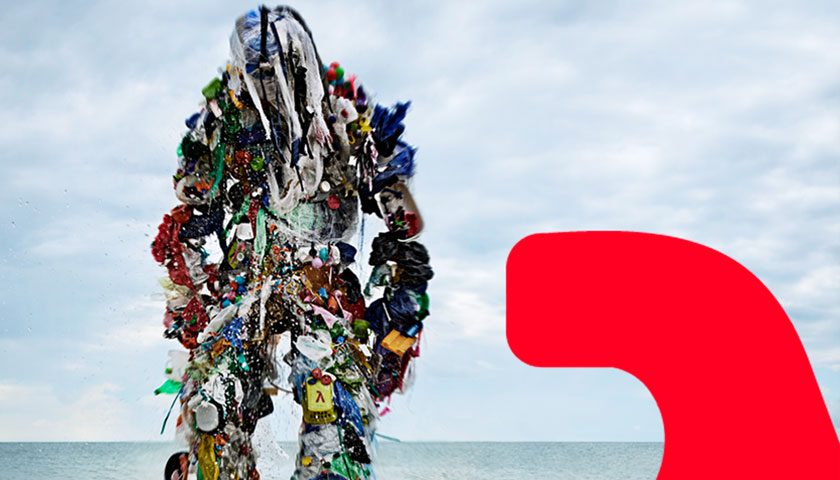Britain is a nation famed for its politeness and good manners, with ‘excuse me,’ ‘sorry, ‘please,’ and ‘thank you’ being some of the nation’s most commonly used expressions. However, new research has shown that despite saying ‘thank you’ to others 59 times a day, we struggle to find the words to express our gratitude when it matters most.
In the average day, actions which trigger the word ‘thank you’ include holding a door open (69%), making a cup of tea (59%) or at the end of an email or phone call (48%).
However, nearly half (46%) of Britons agree that in serious situations, like being helped through difficult times or being cared for during a physical illness, the words ‘thank you’ are not enough to express gratitude. The research by blood cancer charity, Anthony Nolan, also shows that 50% of people have struggled to find adequate words to show their thanks when being helped through difficult times.
When looking back on life’s important moments, parents (37%) ranked highly in the list of people we wish we’d given a more meaningful thank you. Grandparents (19%), friends (18%) and schoolteachers (15%) also made the list of those we wished we’d given a more meaningful ‘thank you’ to.
To mark Blood Cancer Awareness Month (September 2019), the power and the limitations of saying ‘thank you’ are explored in a new series of films shot by world-renowned, portrait photographer, Rankin. His work sensitively captures the visible struggle as people who have received a life-saving stem cell transplant try to find the words to say ‘thank you’ to their donors, known or anonymous.
Over 2,000 people a year in the UK need a stem cell transplant and Anthony Nolan is the leading charity that finds matching donors for people with blood cancer – and gives them a second chance of life.
Rankin comments, “We’ve all experienced moments when we’ve been lost for words – generally in times of extreme emotion. I feel privileged to have shared some of the recipients’ amazing journeys of hope and recovery, made possible by the selfless act of someone who has never met, nor may ever meet, them. Can you even begin to imagine what you would say if, and when, you met the person responsible for giving you a second chance at life?”
When it comes to being cared for during a physical illness, 46% of Brits would struggle to thank those who’ve helped them. Other situations where people would struggle included being cared for during a mental health problem (39%), being provided with a safe space when it was needed the most (37%), the safe delivery of a newborn baby (35%) or being given financial help to achieve a goal (33%).
Whilst a face-to-face ‘thank you’ ranked the highest (42%), one in ten (11%) believe the best way to share our heartfelt thanks is by letter.
Henny Braund, Chief Executive at Anthony Nolan added: “For someone with blood cancer, a stem cell transplant could be their last chance of survival and, every, day five people start their search for a matching stranger.
“We want to give every family the opportunity to say thank you. Nobody should hear there is no matching donor for them which is why, at Anthony Nolan, we’re working hard to grow the stem cell register, carry out groundbreaking research and provide the best post-transplant care to give families a future. But without support, lives can’t be saved.”
To find out more about how to support Anthony Nolan, and view the Silent Thank You films and image gallery, please visit: www.anthonynolan.org/thankyou or search #SilentThankYou



